Chicago Diary: What I Saw at the Democratic National Convention
The struggle to balance corporate influence and grassroots demands was prominently felt at the DNC in Chicago.
Jericho Casper
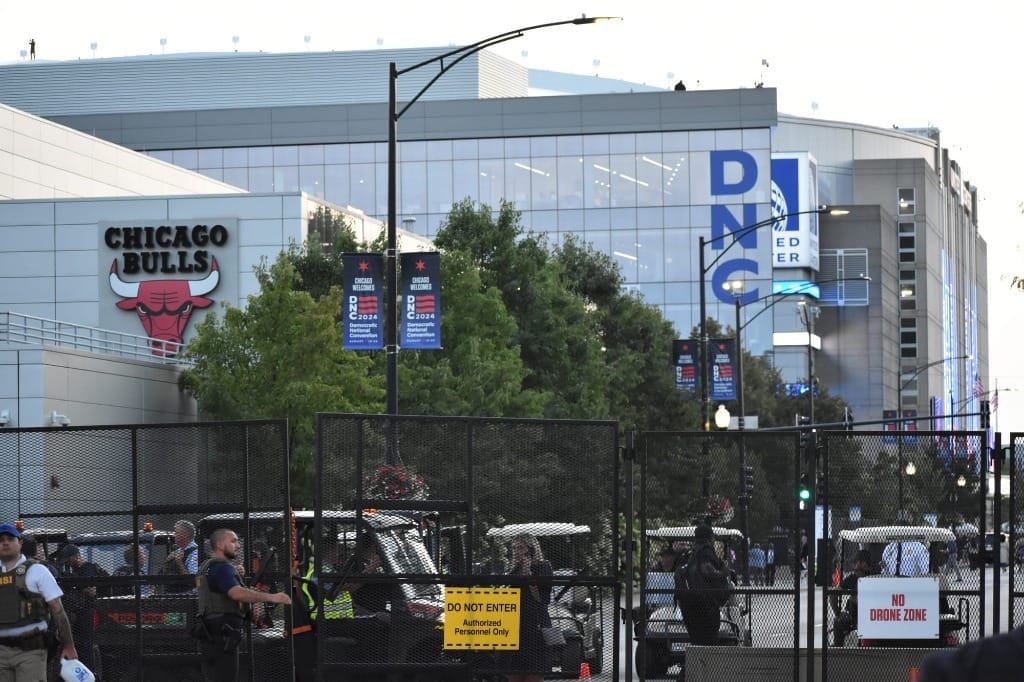
CHICAGO, August 26, 2024 – The influence of telecom giants was impossible to ignore from the moment I stepped into the Democratic National Convention in Chicago. AT&T-sponsored lanyards dangled from the necks of every volunteer, and events hosted by T-Mobile and Amazon punctuated the week.
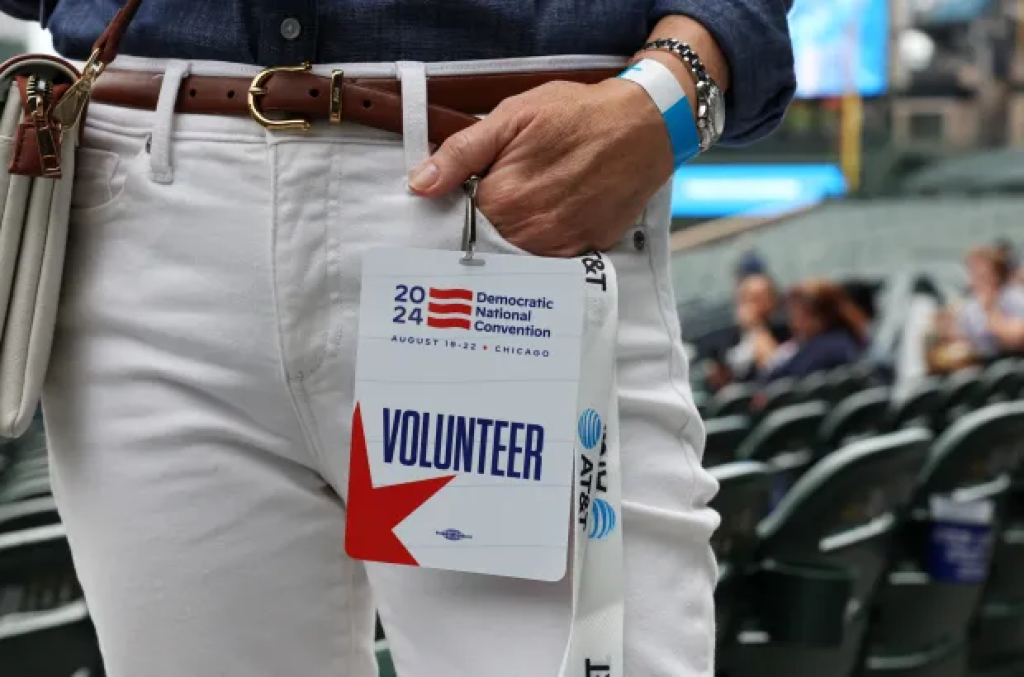
Yet, the presence of these tech and telecom powerhouses wasn't limited to mere branding and sponsorships. The subtle yet powerful influence these companies exert on the political landscape was woven into the very fabric of the discussions and policy proposals that dominated the convention.
As I navigated the halls of a national party convention for the first time in my career, my thoughts frequently returned to the topic of municipal broadband.
 Broadband BreakfastDrew Clark
Broadband BreakfastDrew Clark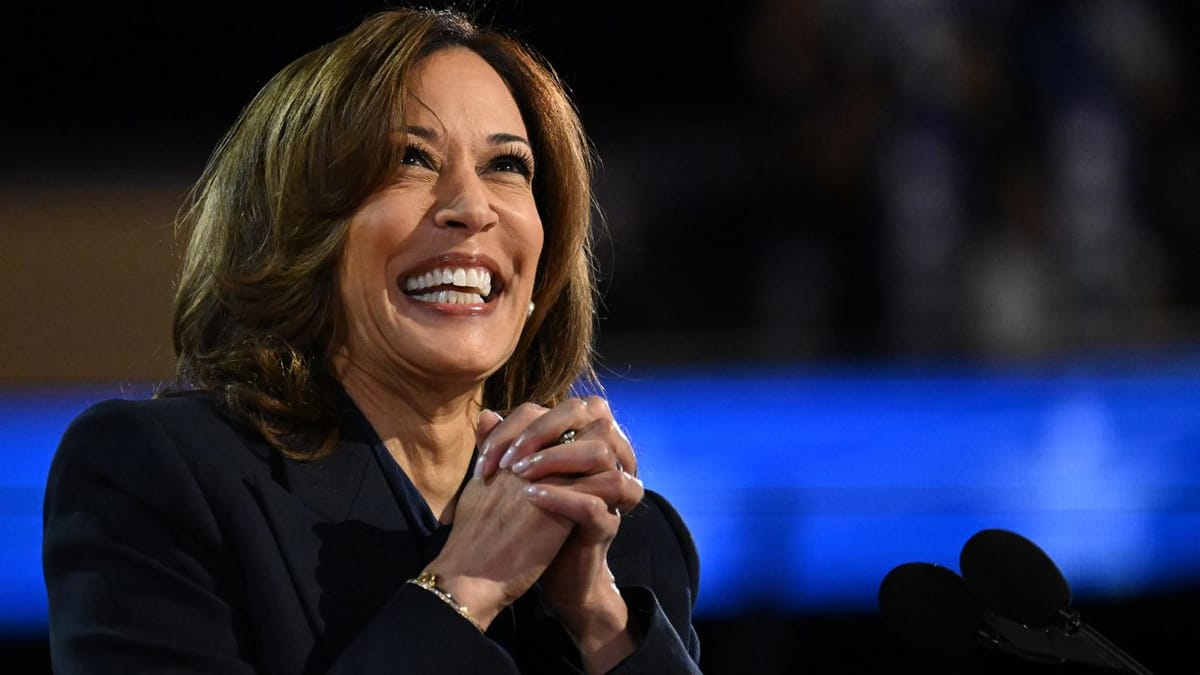
Since Gov. Tim Walz led the effort to remove all legal barriers to community-owned broadband in Minnesota before being selected as Kamala Harris’s running mate, I couldn't help but wonder: Could we finally see a federal push to eliminate remaining state-held barriers to this critical, public infrastructure?
However, my optimism was quickly tempered. While attending a session on the future of telecommunications with Democratic mayors, it became evident that these broader policy goals were being overshadowed by the interests of telecom giants. The conversation repeatedly veered toward the benefits of public-private partnerships — a strategy heavily favored by large corporations eager to maintain their stronghold on the market.
Yet, when I asked Kansas City Mayor Quinton Lucas what his constituents would truly gain from a T-Mobile partnership, his response was disheartening. He cited benefits like bolstering the city’s football stadium and helping students get online, but offered little on the long-term infrastructure needed for sustainable, affordable, community-driven internet access. The focus remained on immediate, surface-level gains rather than on the foundational changes required to empower communities in the long run.
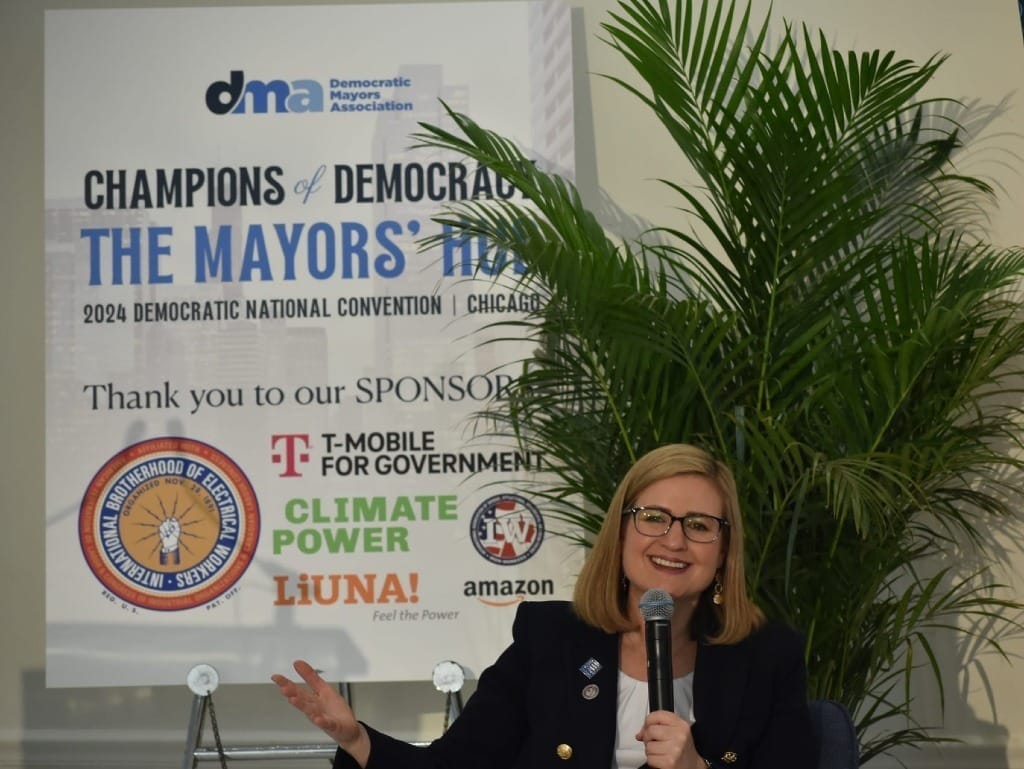
This session also marked my first encounter with a T-Mobile government representatives openly arguing against municipal broadband. They cited the common yet misleading claim that municipal broadband networks reduce competition — a stark reminder of the challenges local governments face when trying to implement solutions that genuinely serve their communities, free from corporate influence.
Despite attempts by mayors from Knoxville, Tenn., and Waterloo, Iowa, – cities actively pursuing municipal fiber solutions – to enter the conversation, their voices were drowned out. This moment was emblematic of broader tensions within the Democratic Party that could be seen through the week.
The convention itself was a microcosm of the tensions within the party. Each day, DNC attendees attempting to enter the United Center for nightly mainstream programming were met by far-left protestors calling for a ceasefire in Gaza.

As the week progressed, other groups joined in, including the Poor People’s Army rallying behind Jill Stein, pro-life Democrats, and more. The centrist approach taken by the DNC’s leadership in an attempt to sway swing voters seemed to only further disavow these far-left activists, highlighting the growing rift within the party.
The discord wasn’t limited to the party’s internal dynamics. Independent journalists were badmouthed by their credentialed counterparts, and influencers invited by the DNC as part of a revamped digital messaging strategy were even ejected from the convention for their coverage of protests outside.
Ironically, some of the very issues the Democratic platform aimed to tackle – such as revamping Section 230 and implementing stricter regulations on artificial intelligence – became points of controversy when former president Donald Trump took to social media to accuse Harris of using AI to fill the convention stands.
On the ground, however, the reality was quite different. The United Center was packed to capacity, with people waiting in long lines just to get inside, even up until 10 p.m. on Thursday night – just as Harris was beginning to speak.
This contrast between online narratives and the actual on-the-ground experience underscored the complex interplay of technology, media, and politics, in shaping public perception in today's “post-truth era,” a time when emotional appeals and personal beliefs often outweigh objective facts, leading to widespread misinformation and a fractured understanding of reality.
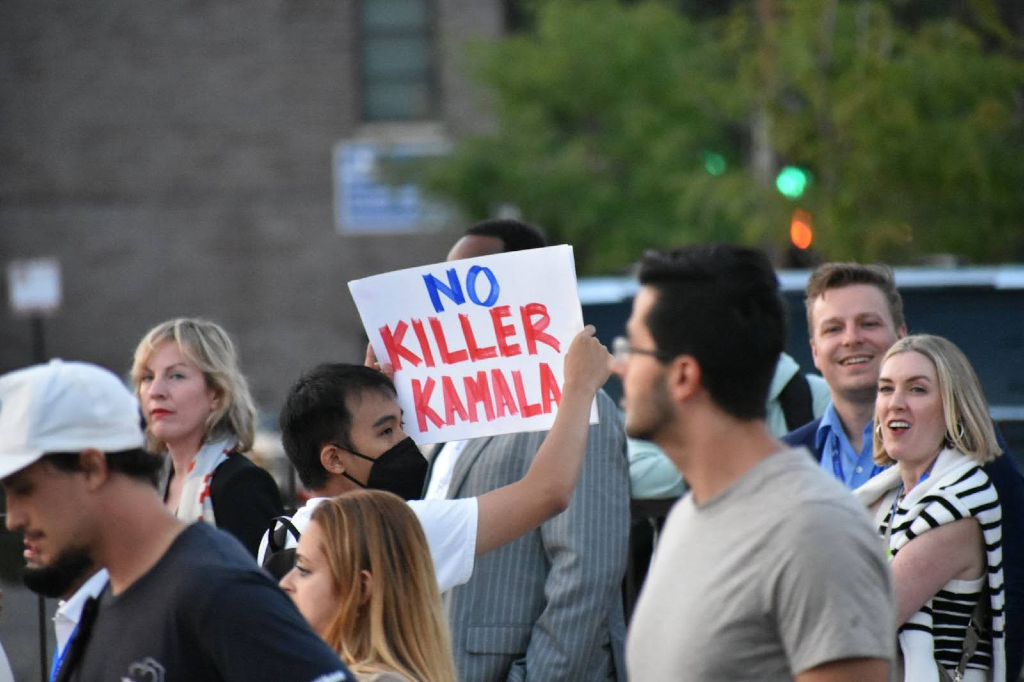
As I left the convention, it was clear that the Democratic Party is at a crossroads. The event revealed a party grappling with deep internal divisions, struggling to balance the influence of powerful corporate allies with the growing demands of its grassroots base. The challenge of maintaining a coherent media strategy that aligned with the party's principles only added to this complexity.
Ultimately, the convention was not a showcase of the party's platform but a reflection of the broader struggles facing the Democratic Party as it prepares for the 2024 election. Whether the party can successfully navigate these tensions and present a united front will play out as the Nov. 5 election nears. One thing is certain: the path forward will be anything but straightforward.









Member discussion